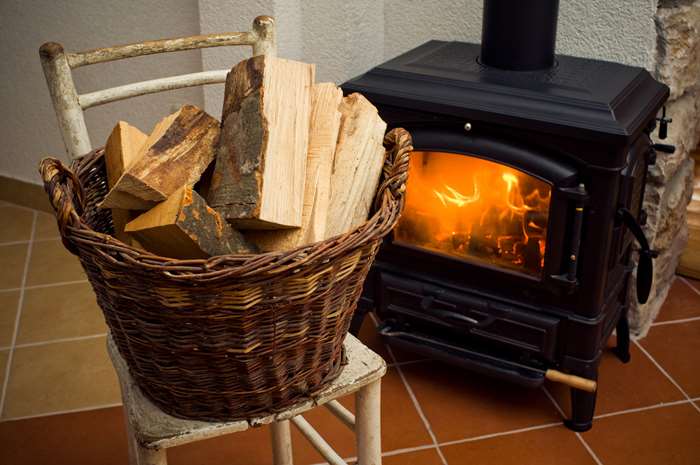Lancaster City Council urges people to consider cutting down on use of solid fuel appliances
People who use woodburning stoves/solid fuels are being urged to consider the damaging effects they can have on human health and the environment before lighting up.

People are being urged to cut down on the use of woodburning stoves due to the amount of pollution they cause
Solid fuel appliances have boomed in popularity over recent years and the numbers being sold is on the increase, with their use set to increase further due to rising gas and electricity bills.
But what many people may not realise is that the particulate matter air pollution that they emit can penetrate deep into the lungs, which is of particular concern for those with existing health issues and serious long-term illnesses.
Research conducted by the Air Quality Expert Group shows that one woodburner can produce more air pollution than 18 diesel cars or six heavy goods vehicles, emitting around 450 times more pollution than when using gas to heat our homes.
These harmful effects are not just confined to the outside either, with wood burners responsible for increasing levels of air pollution within the home.
Councillor Dave Brookes, cabinet member with responsibility for environmental services, said: “Woodburners have become particularly popular over the last year as people understandably look to reduce their gas and electric bills while keeping warm.
“What many people may not realise is that they are a major source of air pollution, both outside and inside the homes where they are used, affecting both their own health and that of their neighbours.
“This is disappointing news for those of us that have had them installed, but ideally they should be kept in reserve as a resilience measure for when other heating is unavailable, such as during power cuts.
"Where people are not ready to stop using solid fuel appliances, there are a number of ways to reduce the health risks, such as reducing the time they are used for and burning cleaner fuels."
Good practice tips from Defra (Department for Environment, Food & Rural Affairs) include:
- Consider burning less. Choose not to burn solid fuels if you have an alternative
- Buy ‘Ready to Burn’ fuel
- Season (dry) freshly chopped wood before burning
- If you use house coal, use approved solid fuels instead
- Don’t burn treated or coated waste wood (e.g. old furniture, painted wood, pallets or fence panels)
- Do not burn any household rubbish
- Ensure your stove and chimney flue is correctly installed and regularly maintain and service it (e.g. annually)
- Get your chimney swept regularly (up to twice a year)
Find out more about wood burning stoves and open fires.
Last updated: 16 January 2023
